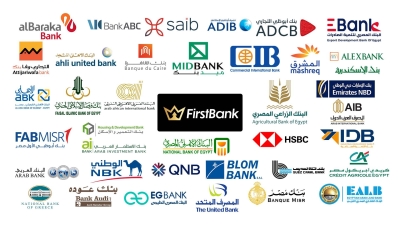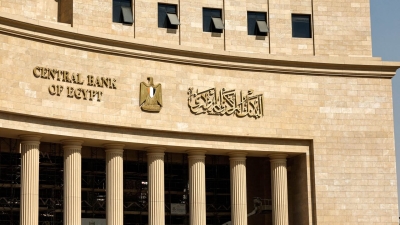Raised files for CBE new board of directors, Inflation and currency stability

The new formation of CBE’s Board of Directors, headed by Hassan Abdalla, faces a range of economic challenges that require a balance in monetary policies
Key among these are controlling high inflation rates, addressing the impact of increased interest rates, and maintaining currency stability.
Successful achievement of these challenges requires complementarity between monetary instruments and economic reforms, as well as the new Central Bank Board of Directors taking many bold decisions and integrated policies to support financial stability and promote economic growth.
Controlling inflation rates and maintaining investment attractive interest rates
At the inflation rate, the greatest challenge to the new composition of the Central Bank's Board of Directors is closely linked to the living standard of citizens and the speed of production and employment. Inflation recorded its highest rate during the current year last February after reaching 35.1%, severely affecting the purchasing power of citizens and increasing the cost of living.
Given the current situation, lowering inflation is a top priority in the agenda of the new Central Bank Council, which aims to achieve more stable inflation rates, according to the country's targets of reducing the rate to 7% ± 2% by the end of 2024, and 5% ± 2% in the fourth quarter of 2026
High inflation rates in Egypt prompted the central bank to pursue a deflationary policy He raised interest rates by 800 basis points this year to settle at 27.25% for deposit and 28.25% for lending. Hence the most difficult challenge for the Central Board of Directors. On the one hand, these rates contribute to containing inflation through the pressure of the money supply in the Egyptian market, On the other hand, it raises the cost of borrowing on investors, which puts them at great challenge.
The increase in interest rates has contributed to a rise in domestic debt service burdens, posing another challenge for the Central Bank, pressuring the Government to increase the cost of borrowing.







